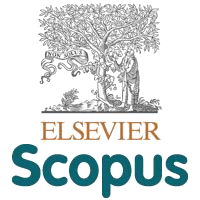The Analysis of Joseph Nye’s Soft Power Theory
Abstract
Since Joseph Nye has brought the theory of the Soft Power, this theory has caught the concern and emphasis of plenty of scholars from different nations. Our research focus on the production of soft power from political science, science of international relations, philosophy and ideological, outlines and analyzes the basic contents of Joseph Nye’s “Soft Power” theory. Further, with the direction of Marxism our research combines both macroeconomic research and microanalysis, utilizes the hybrid method which contains both the history and logics, scientific comparison methods to analyze the “Soft Power” theory comprehensively. The soft power is compared with the hard power, Compared with the hard power, it has such characteristics as intangibility, permeability, complementarity, comprehensiveness and expansibility. The soft power mainly stems from culture, political values, and international policies, we can conclude that the core of “Soft Power” theory is to emphasize the attraction, emotional appeal and influence of the national culture, the sense of value and political system. The soft power provides us with a new direction to view the power, which avoids the one-sidedness to determine the power of a country mainly based on the physical power. It does provide the United States with a new strategy direction to maintain the international hegemony which can also be well used as reference for the development of soft power by other countries. But the “Soft Power” theory is still a complete new concept and has the limitations to some extent. This passage proves the rationality and the limitation of the soft power through the analysis of the concept, the components and the characters for the soft power.




